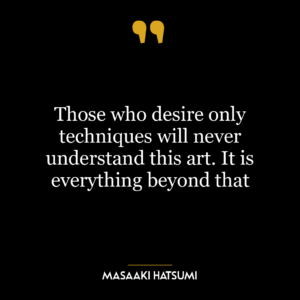This quote encapsulates a fundamental human need - the need for acknowledgement. It suggests that at the core of our being, we long for recognition and validation. This desire isn’t just about being praised or rewarded, but is more about being seen, understood, and appreciated for who we are and what we do.
The "deepest desire" implies that this need is inherent, a part of our human nature. It is a fundamental part of our psyche that influences our behavior, decisions, and relationships. This longing for acknowledgement can be traced back to our earliest years when as infants, we relied on adults not only for our physical needs but also for emotional support and validation.
Applying this idea in today’s world, we can see the importance of acknowledgement in various aspects of life – from personal relationships to professional settings. In personal relationships, acknowledging the feelings, efforts, and concerns of others can foster deeper connections and mutual respect. It’s about listening actively, showing empathy, and validating their experiences.
In the workplace, acknowledging an employee’s hard work and contributions can boost morale, increase productivity, and reduce turnover rates. It’s not just about financial rewards or promotions but also about expressing appreciation and recognizing their value to the organization.
In the context of personal development, understanding this deep desire can help us navigate our interactions with others and our own self-perception. It can guide us in becoming more empathetic and compassionate, in seeking constructive feedback, and in recognizing our own worth. It also reminds us of the importance of self-acknowledgement - recognizing our own achievements, growth, and worth, even if others don’t.
However, it’s important to note that while acknowledgement from others is important, it’s equally crucial to learn to validate ourselves. Relying solely on external validation can lead to a fragile self-esteem that fluctuates based on others’ opinions. Thus, while we seek acknowledgement from others, we must also cultivate self-acceptance and self-appreciation.





